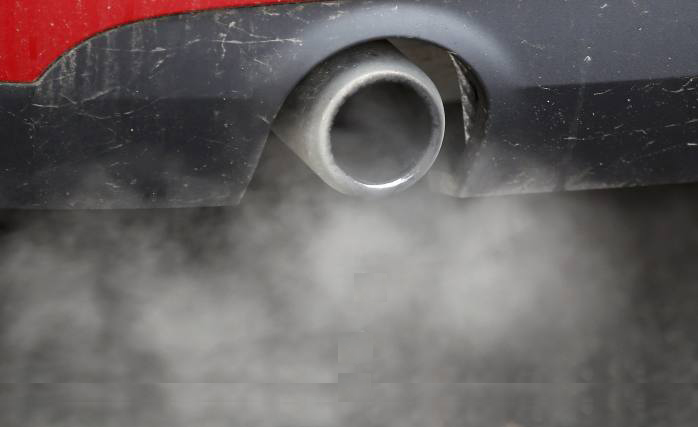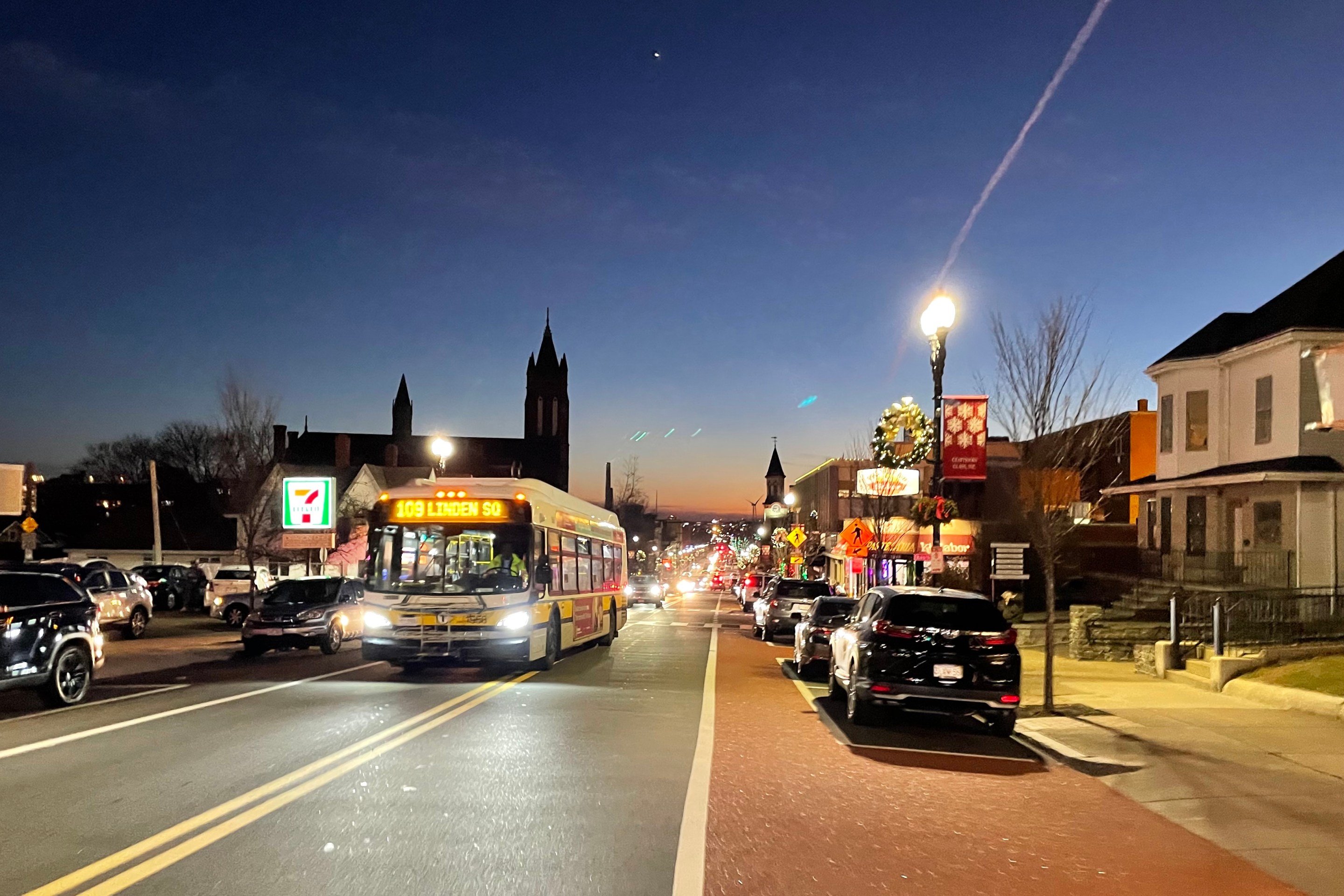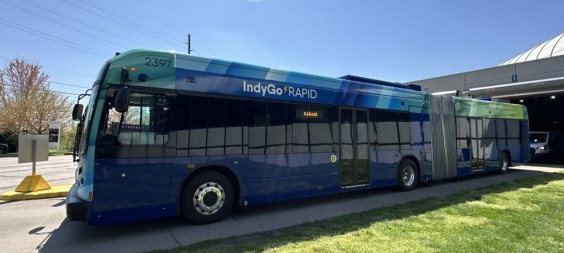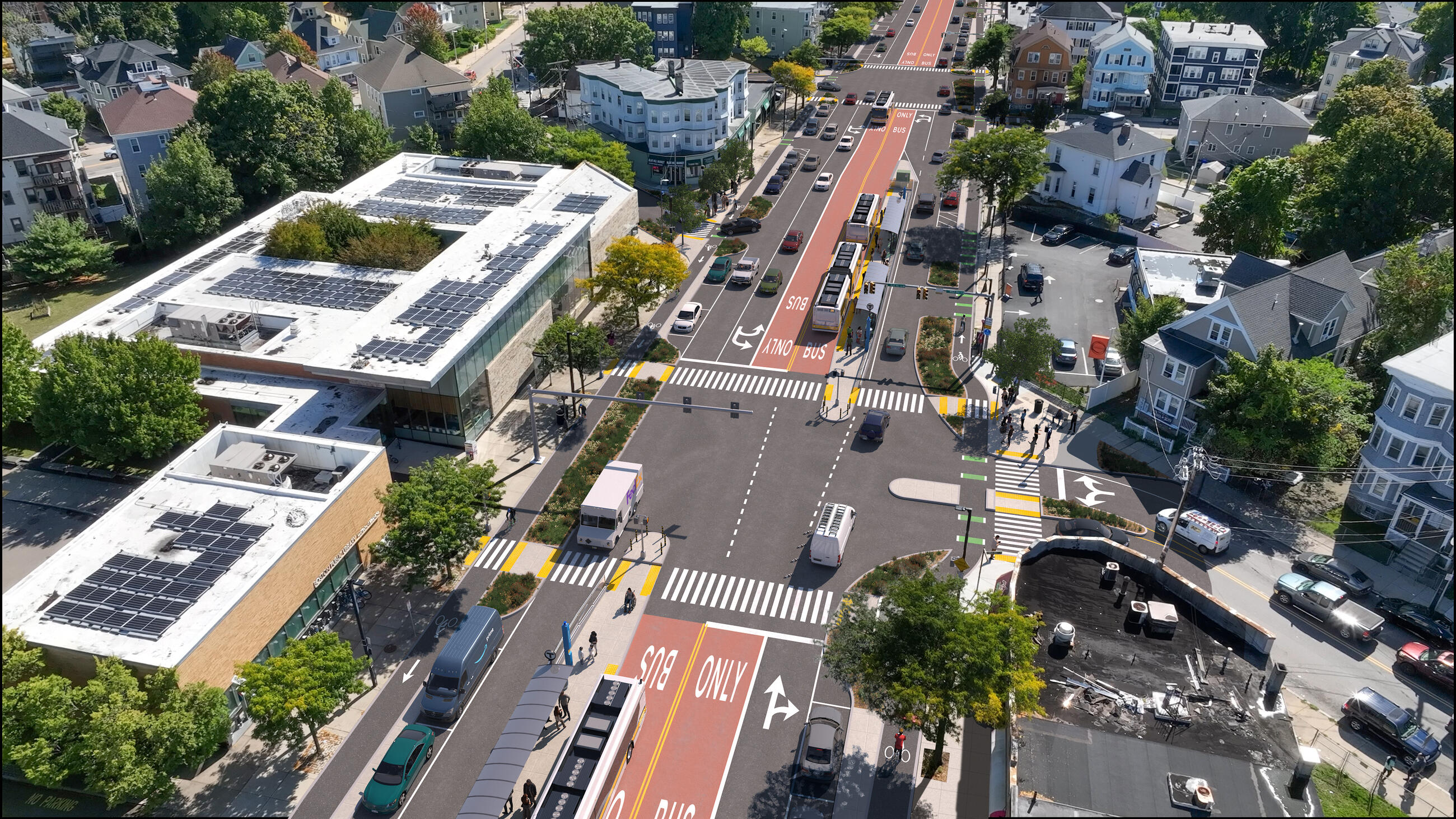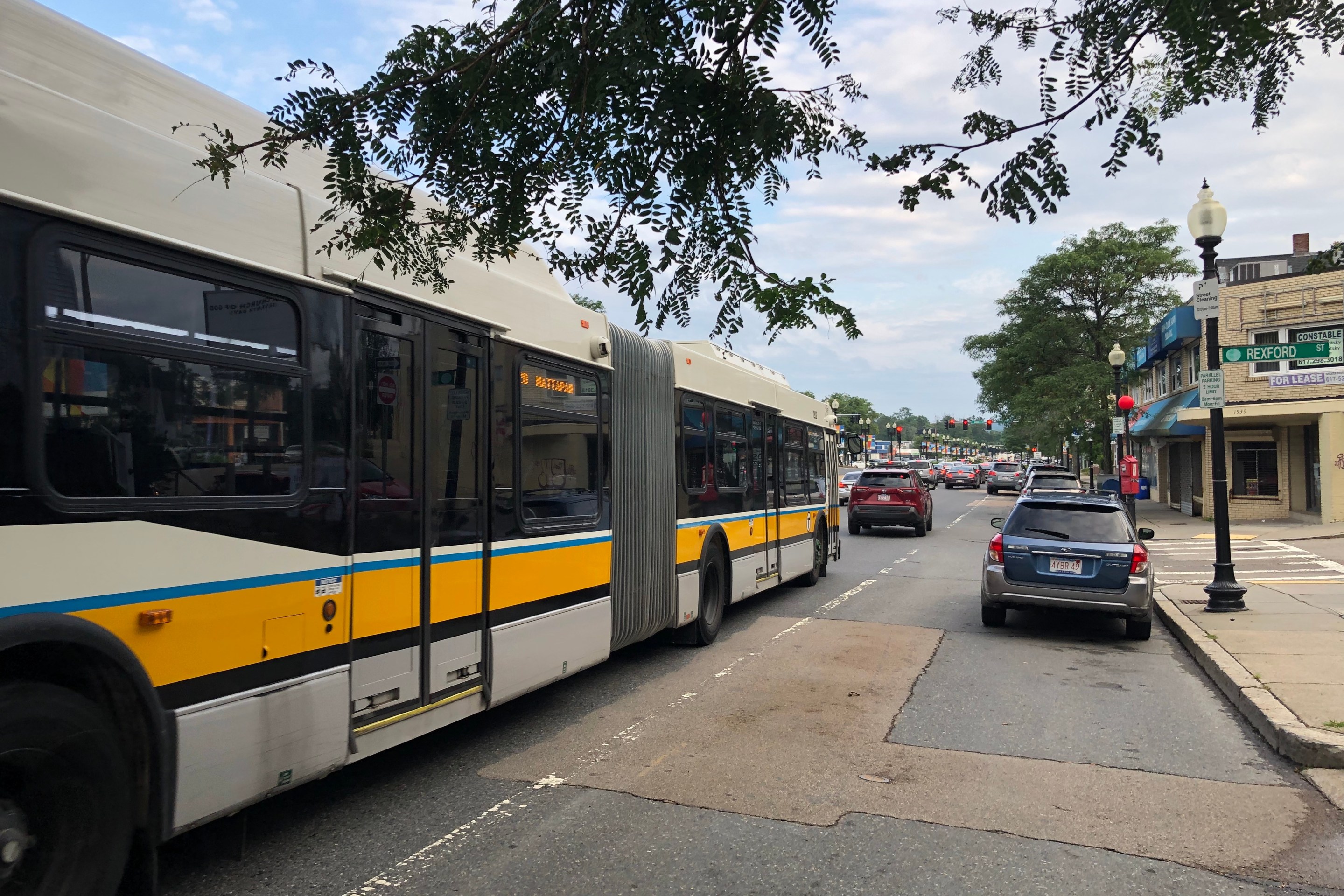This week, as wildfires burn California, Louisiana struggles to recover from a historic hurricane, and the eastern seaboard cleans up from unprecedented flash floods, the Massachusetts Fiscal Alliance celebrated an effort to repeal a key policy to reduce climate-heating pollution in Massachusetts, the Transportation and Climate Initiative (TCI).
TCI is modeled on the Regional Greenhouse Gas Initiative (RGGI), a "cap and trade" program that has been regulating emissions from the region’s electric power plants since 2008. By making fossil-fueled power plants pay for the emissions they generate, RGGI has encouraged utilities to shut down older coal-burning plants while also generating billions in new public revenue that states have used to fund energy efficiency programs and to lower residents’ electric bills.
For the past few years, policymakers in several northeastern states have been looking to apply the same concept to gasoline and diesel fuel sales in the transportation sector, which is the region’s biggest source of climate-heating pollution.
TCI had been scheduled to take effect in 2023. But earlier this week, the Massachusetts Attorney General's office certified a ballot question that, if it's approved by voters in 2022, would "prohibit Massachusetts from imposing any tax, fee, revenue-generating measure, or market-based compliance measure if it would reduce or restrict the supply of gasoline, diesel fuel, special fuels, or other motor fuels available to meet consumer demand.”
The ballot measure's primary proponent is the Massachusetts Fiscal Alliance (MassFiscal), a lobbying organization that does not disclose its donors.
“A bi-partisan group of citizens took the first step to bring TCI before the voters of Massachusetts in 2022," said Paul Diego Craney, a MassFiscal spokesperson, in a press release. "Drivers should be free to make their own decisions, and TCI should never restrict the amount of gasoline Massachusetts consumers can use."
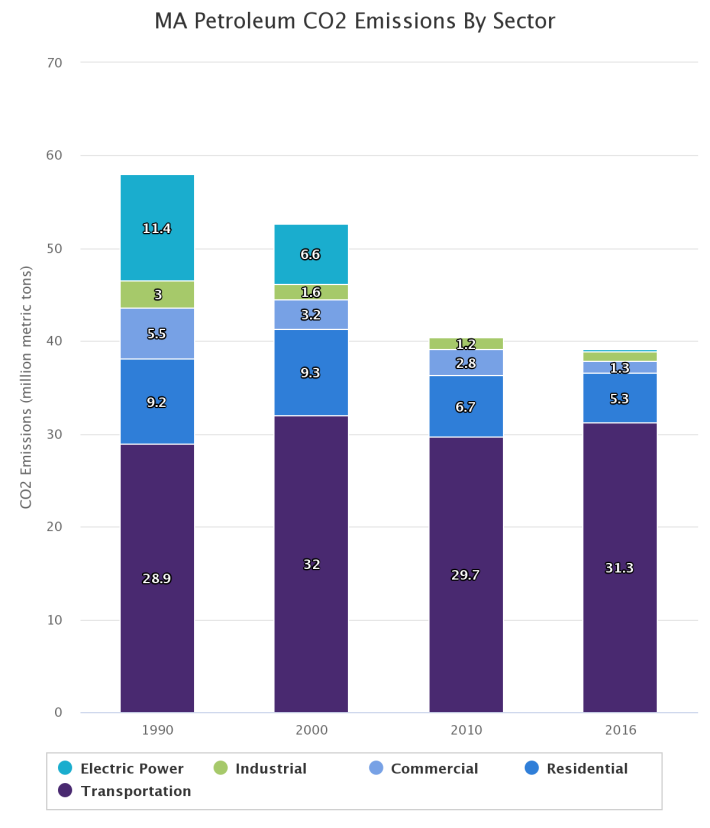
Cars and trucks are the state's largest source of climate pollution, and under other state legislation that isn't subject to MassFiscal's referendum, Massachusetts needs to cut greenhouse gas emissions by “at least 50 percent below the 1990 level” by 2030.
That means that if TCI's "market-based compliance measures" are rejected under MassFiscal's referendum, the Commonwealth will need to find other measures to reduce gasoline and diesel fuel pollution from cars and trucks.
In a phone call on Thursday morning, Craney exhibited an understanding of the challenge, but did not offer any suggestions for how Massachusetts would meet its climate goals without TCI.
“If your goal is to reduce CO2 emissions, you want to take gas and diesel vehicles off the road, get people to walk and bike more, use transit, or hop into an EV (electric vehicle). But EVs aren’t being sold anywhere near the rate they need to be to hit those goals," said Craney.
StreetsblogMASS asked Craney whether MassFiscal agreed that the Commonwealth needs to do more to curtail tailpipe pollution from cars and trucks, given the escalating severity and frequency of natural disasters from a heating climate.
Craney called it a "silly question," and declined to give a simple yes or no answer multiple times.
When Streetsblog asked Craney if he was afraid to answer the question, he asserted that he was not afraid to answer the question.
Then, when Streetsblog repeated the question one more time, Craney once again refused to answer. He then claimed that he needed to be at another appointment.
